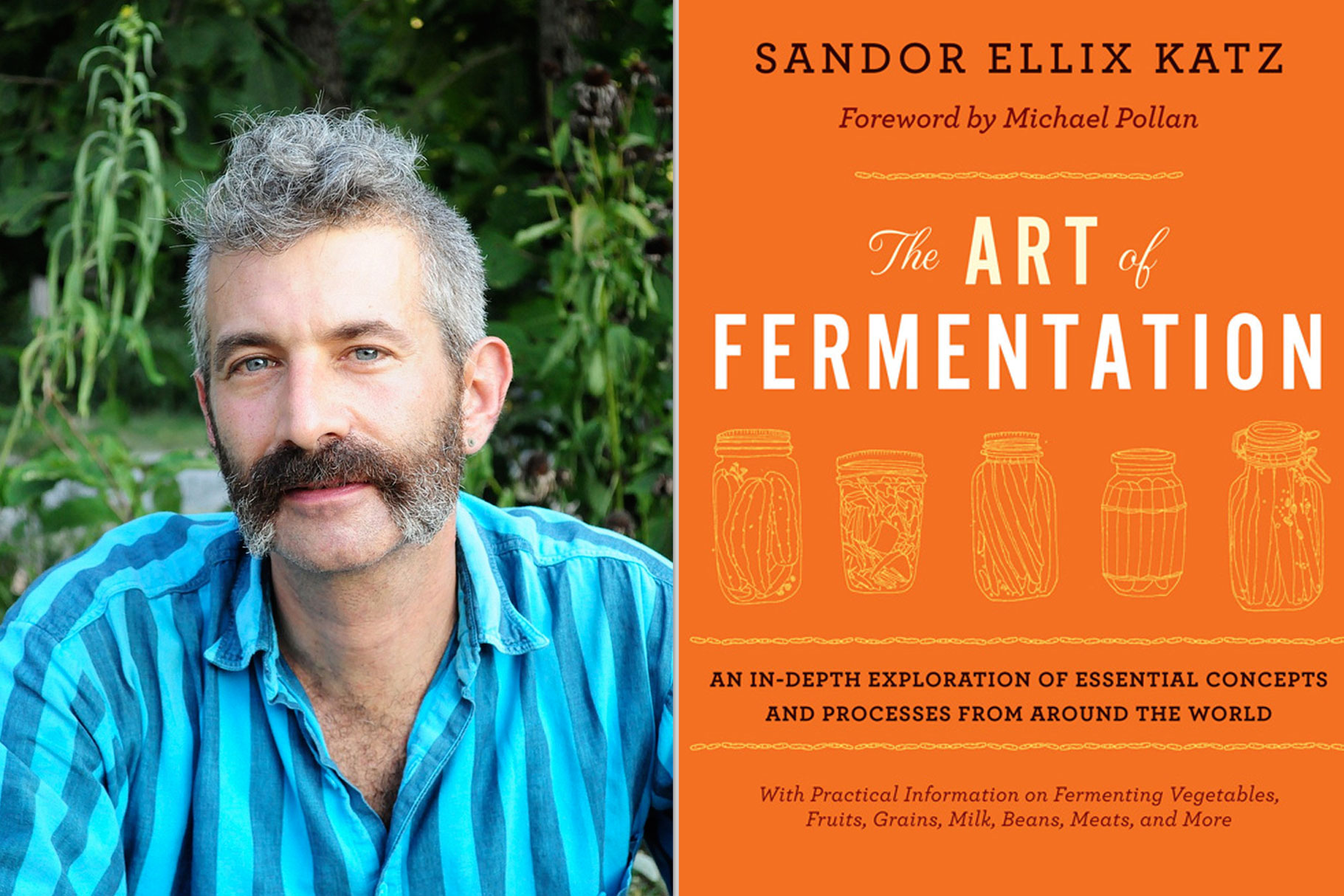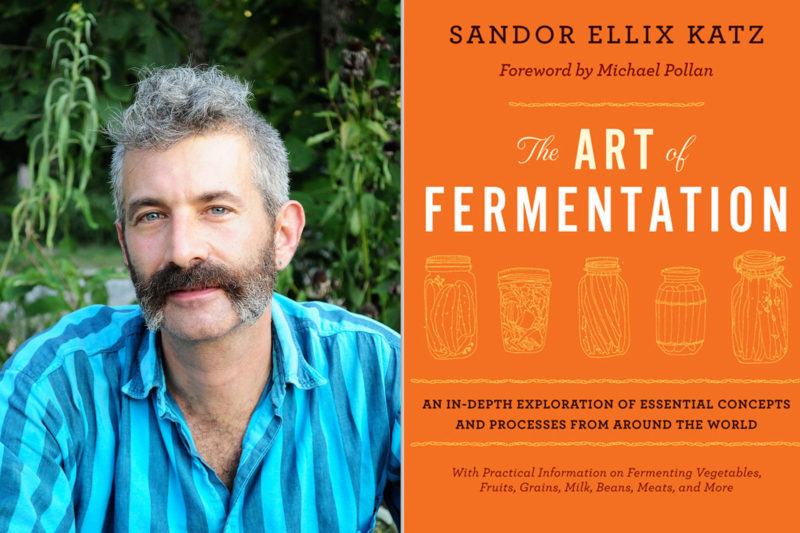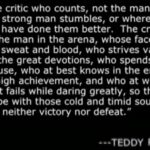#ads
Summary:
– Great talk and learned a lot like how canning kills food so it can survive longer. The smellier the more fermented. Why every culture has their own fermentation thing like kimchi, sauerkraut, yogurt, tempeh, etc.
– 2 major microorganisms for fermentation are fungi (yeasts and moulds) and bacteria.
– Lactobacilli is the main one being talked about.
– Yeast used to be referred to the visible action of fermentation.
– Fermentation is from latin fervere meaning to boil.
– All soft cheeses are made because of the action of moulds what soften the cheese.
– The space between the legumes/beans taken over by mould creates tempeh.
– Lactobacilli creates lactic acid which gives the food the sour flavour like yogurt, sauerkraut, etc. The primary type of bacteria that populate our gut. So these foods replenish our gut.
– It preserves the nutrients as opposed to other preservation methods like canning, which degrades nutrients in the food. Life food contains much more nutrition. Salted or dried foods have the life removed from it.
– Flavour: the more fermented the cheeses, the further you can smell it from. It makes the flavours stronger.
– Predigestion: it breaks up hard to digest foods into more digestible forms and aminoacids.
– Nutritional improvement: They generate a lot more B vitamins and new research is finding special and anticarcinogenic compounds. Miso contains dipicolinic acid that binds with heavy metals and carries them out of the body.
– Eliminates food toxins: Cianide is removed from foods like cassava by fermenting. Phytic acid is not as bad but even that is neutralised.
– Live-culture foods are a subset of fermented foods e.g. breads need to be baked which kills the bacteria that was part of the rising process. Pasteurisation kills live culture foods. What you get in shops usually has so-called live-culture but do not really have live-culture in them.
– We are constantly consuming antibiotics through our water which diminishes the good bacteria in your gut. The lactobacilli will crowd out the bad bacteria and reduce things like diarrhea.
– Biodiversity: Since is good everywhere in nature and life, we need to think of the diversity in your bodies too.
– All ancient cultures had fermentation from bread, mead, beer, wine, cheese and so much more. Fruit juice will spontaneously ferment into wine and then into vinegar. For beer, you need to break the starch into sugar. To make saki you need to make amazaki where rice is fermented into a mould first which is very sweet and made in 8-10 hours. Others use their saliva to ferment by chewing the corn. So that says there are good enzymes in our mouths too so it’s good to chew well.
Amazon #ads

– There are debates about if humans settled down from nomadic lifestyle because of the bread or the beer.
– Saccharomyces is another word for yeast which means sugar fungus. It breaks down sugar into alcohol and CO2. So for alcohol, you’d let the CO2 go unless you need it for drinks like champagne. In bread it’s opposite, you need the CO2 while you let the alcohol evaporate. Stories of how bread and beer preparation when hand in hand to make the other.
#ads
– In cultures:
Japanese – Miso and natto,
South Indian – Idli and Dosa,
Mediterranean – Labneh,
Europe – Kefir,
Germany – Sauerkraut,
Korea – Kimchi,
Maybe China – Kombucha.
– So live vinegars are good too. Lots of stories on the benefits of apple cider vinegar.
– Lots of stories of how meats are fermented in parts of the world.
– Coffee is fermented too.
– Fermentation has been central to religions and cultural iconography.
– Many commercial ferments are either pasteurised or irradiated which means the life cultures are dead.
– Rotten vs. fermented? There is no clear boundary because every culture has something fermented that they love but is considered rotten to others.
– Go slow if you want to introduce more fermentation in your lives. Your body may not be ready for it.
– Compost: is the fermentation of the earth and it’s the basis of soil fertility. Our bellies have microbiome and the earth has microorganisms.
– Talks about reclaiming local food and our carbon footprint, reclaiming underground food markets if the government doesn’t allow selling our own produce, connecting with the local community like we are our own microbes and let ourselves ferment, our ideas ferment and mutate.





